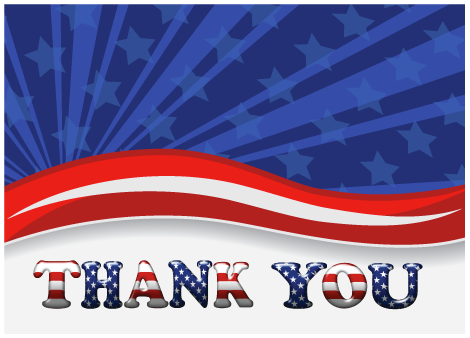 Thank you for contributing so generously to our Indiegogo “TeachSSB200” Campaign. We are grateful for your support and are very pleased to share two advance copies of the album’s unique recordings with you. The first is of “The Anacreontic Song” — the source of the melody to which Key imagined the words to his lyric. The second is our world-premiere, complete and historically informed, recording of “The Star Spangled Banner” in its original published sheet music arrangement.
Thank you for contributing so generously to our Indiegogo “TeachSSB200” Campaign. We are grateful for your support and are very pleased to share two advance copies of the album’s unique recordings with you. The first is of “The Anacreontic Song” — the source of the melody to which Key imagined the words to his lyric. The second is our world-premiere, complete and historically informed, recording of “The Star Spangled Banner” in its original published sheet music arrangement.
To download your free recording, click the word “download” on each of the Soundcloud widgets below (it may take a minute to load and should open a new window; if you have iTunes will play automatically). The “download” link is at the bottom of each rectangular window is just to the right of our Star Spangled Music Foundation logo.
The Anacreontic Song, 1775/76, music by John Stafford Smith
[soundcloud url=”http://api.soundcloud.com/tracks/113716862%3Fsecret_token%3Ds-me8uc” params=”” width=” 100%” height=”166″ iframe=”true” /]
1814 Original Imprint of “The Star Spangled Banner,” lyrics by Francis Scott Key
[soundcloud url=”http://api.soundcloud.com/tracks/113715795%3Fsecret_token%3Ds-R8aWq” params=”” width=” 100%” height=”166″ iframe=”true” /]
<click “download” above for your own copy>
Historical Notes—by Mark Clague, Ph.D.
“The Anacreontic Song” (also known as “To Anacreon in Heaven” or just “Anacreon”) was the club anthem of an amateur musicians society and supper club in London, England known as The Anacreontic Society. The music to this song was written by John Stafford Smith — an English organist and composer.
When lawyer and poet Francis Scott Key was held aboard his own ship for two days after the Battle of Baltimore, he drafted “The Star Spangled Banner” (originally titled “In Defence of Fort McHenry”) to tell the tale of the surprising victory of the combined American forces and local militias that turned back the British advance at this climactic moment of the War of 1812 between Britain and the young United States. Only weeks before, these same experienced British troops had captured Washington, D.C. rather easily, and burned the U.S. Capitol and the President Madison’s house to the ground! Key’s lyric expresses both his relief and his pride.
It should be pointed out that Key had this melody in mind when he first wrote the poem, so the words are most accurately referred to as a lyric rather than a poem because the words were always intended to be sung.
As you’ll hear, the music of the two songs is all but identical. Note that in 1814 “The Star-Spangled Banner” was a bit different than what we sing today. Most significantly, it is faster as it is not yet a national anthem, but is a celebratory victory song. It became famous pretty quickly and was widely reprinted as lyrics in newspapers.
We hope you’ve signed up to receive the full Poets & Patriots recording in another month or so. Thanks again for your support and please share your enthusiasm with our project with your family and friends.
For more history of these songs, visit:
- The Anacreontic Song (with video)
- The 1814 Version of “The Star-Spangled Banner” (with video)
We’ll be releasing the full recording in November and any other perks you have ordered will be delivered shortly thereafter. We’ll keep you updated via email. If you have suggestions for the Indiegogo campaign or the project overall please email info@starspangledmusic.org. Please let your friends know about the project.
Thanks for joining us!
Sincerely,

markclague@starspangledmusic.org

